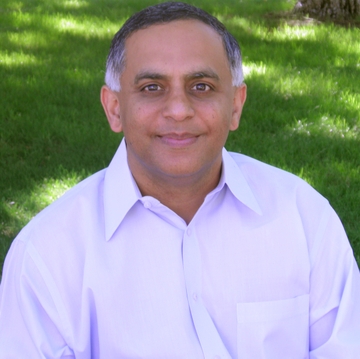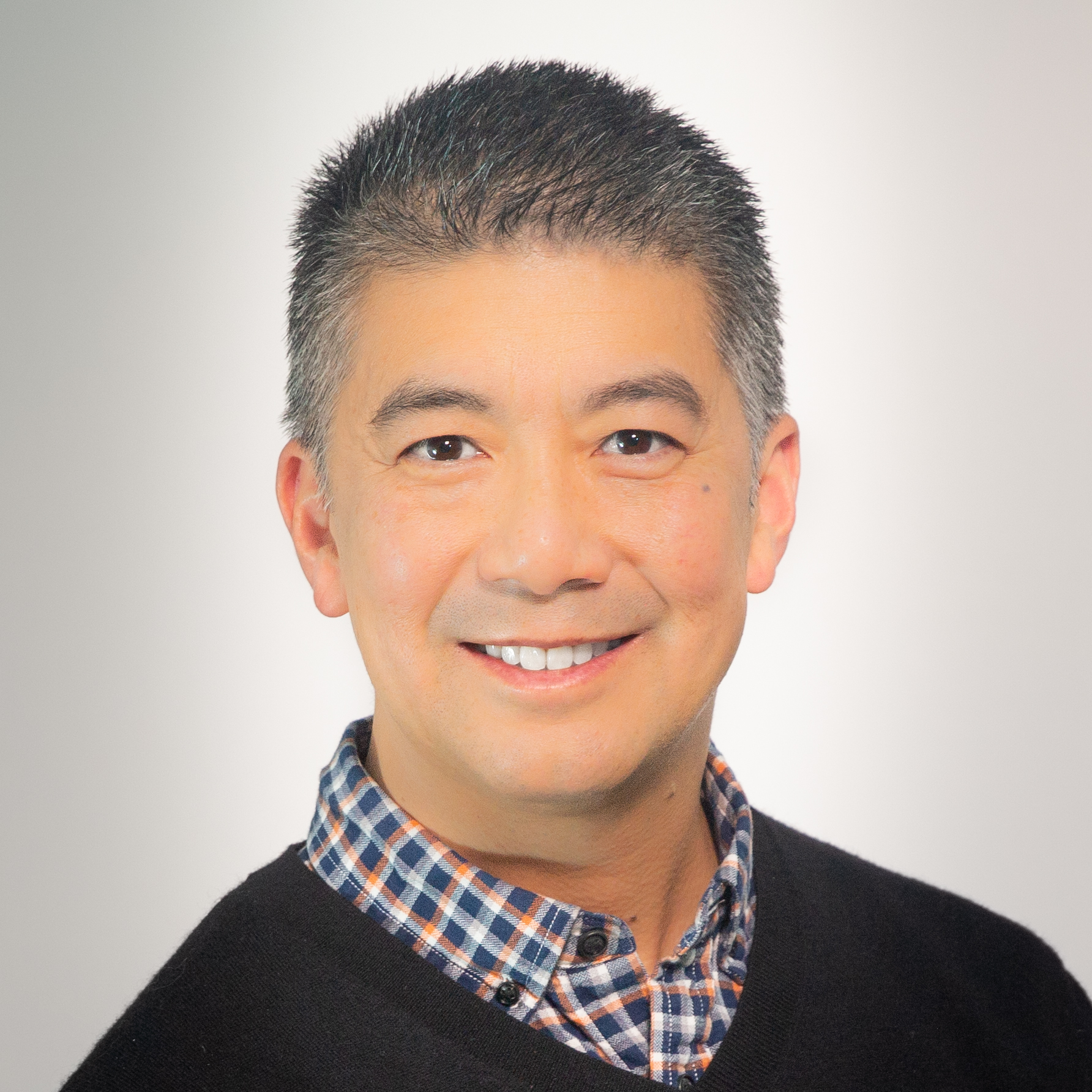New Mexico Approves Master of Science in Anesthesia Program at UNM

Teaching the Teacher
Program Hones Mentorship Skills for UNM Health Sciences Faculty
Everyone agrees that mentorship plays an important role in helping University of New Mexico Health Sciences junior faculty navigate a complex and competitive academic environment.
But there's a question that's often overlooked: how do senior faculty members acquire the skills needed to become good mentors?
Since 2016 pulmonologist Akshay Sood, MD, professor in the UNM Department of Internal Medicine and assistant dean for mentoring and faculty retention in the School of Medicine, has led a twice-yearly course to help more experienced faculty members hone their own mentoring skills.
The program starts with the premise that mentorship skills are teachable, Sood says.
"The literature shows it's often hit or miss," he says. "But at the end of the day, you can teach some skills. The idea of the mentor development program is to accelerate the growth of the mentor to being a more skillful mentor."
The program is especially relevant, because mentorship is explicitly considered in promotion and tenure decisions at UNM. "Not every institution does that," Sood says. "The fact that we do it changes the climate of our institution toward mentoring."
And, the program helps address the single biggest obstacle to faculty mentoring - a lack of skilled mentors. Mentoring improves faculty productivity, satisfaction and retention, particularly for under-represented minorities and women, Sood says, and mentor development is a step toward strengthening mentor networks
In each course, a dozen Health Sciences faculty members meet for eight one-hour sessions to discuss readings and interact with senior faculty who lead discussions.
"Everybody who comes to facilitate those sessions enjoys it," Sood says. "We really appreciate that they donate their time and expertise."
Craig S. Wong, MD, division chief for Nephrology and Rheumatology in the UNM Department of Pediatrics, has helped facilitate discussions in the program and mentored junior faulty in his leadership role
Mentorship can take the form of helping a colleague learn how to manage a staff, sort through the insurance reimbursement maze and know when to dial back the workload to avoid burnout, he says.
Wong notes that MDs and PhDs in training focus on absorbing a vast body of medical or scientific knowledge and are protected to some extent from the messy practical details that they will have to master as faculty members.
"Medicine is hard and research is hard," he says. "Once you become a junior faculty member, you see the guardrails are off and you're one of the guardians, and many people aren't prepared for that. You need somebody to show them the way, provide a little buffer and show them they can do it."
The mentorship training also highlights the need to recognize and embrace diversity among the faculty, which benefits the institution as a whole, Wong says.
"We have a very diverse population here for patients that we take care of," he says. "We have to learn how to be flexible with them. We have to learn how to engage people where they're at.
"I think to be a successful mentor, you also have to know enough about your mentee to be empathetic and put yourself in their shoes to help guide them to resources. So having some exposure to diversity allows you to be a more empathetic to a larger number of people."
Sood regularly surveys faculty members in the mentor development program - 86 % of whom see it through to completion. They demonstrate improved knowledge of mentoring and self-report improved mentoring skills, he says. He notes the program disproportionately attracts women and underrepresented minority faculty, and it is equally effective between clinician educators and research faculty.
Mentoring is not a one-way street, the pair say.
"Mentors are being benefited by mentees as well," Sood says. "Just having mentees helps them maintain their reputation, stay at the cutting edge and enhance their own satisfaction."
Wong observes that mentors often self-select for the role because they want to help others.
"I think that mentoring is a choice," he says. "It's a choice to be open, it's a choice to invest time on a number of levels in somebody who you want to see succeed."
